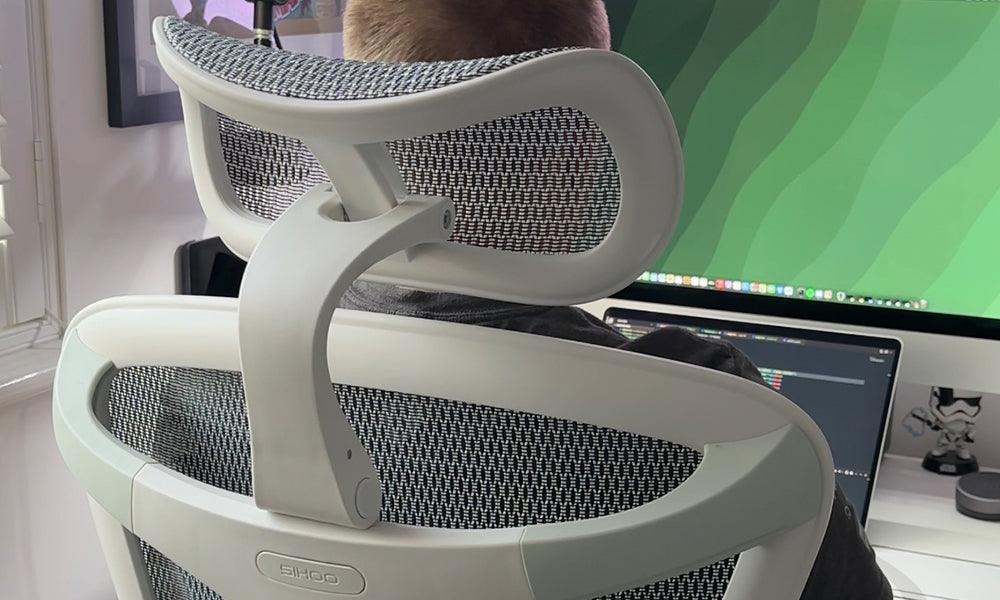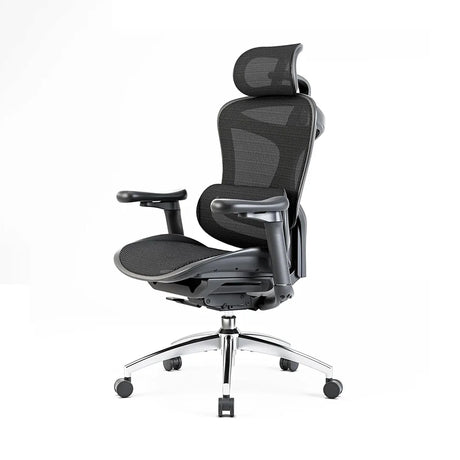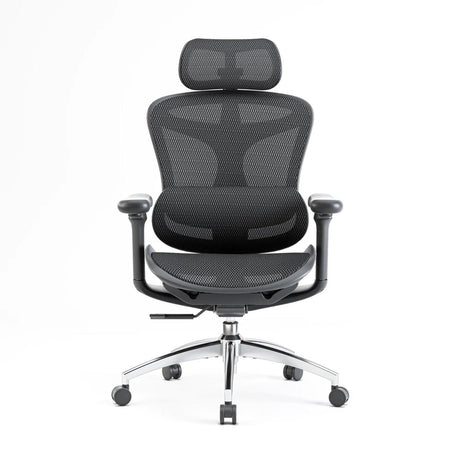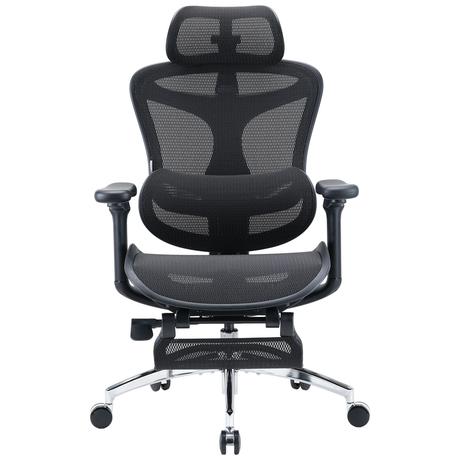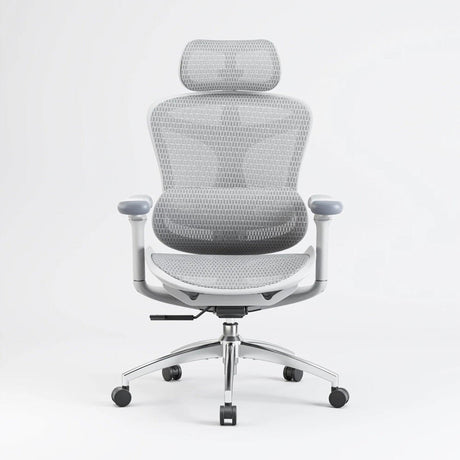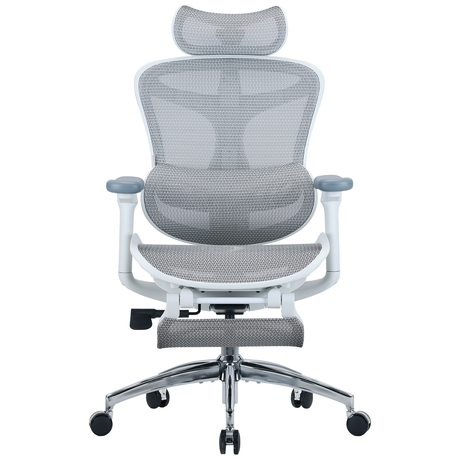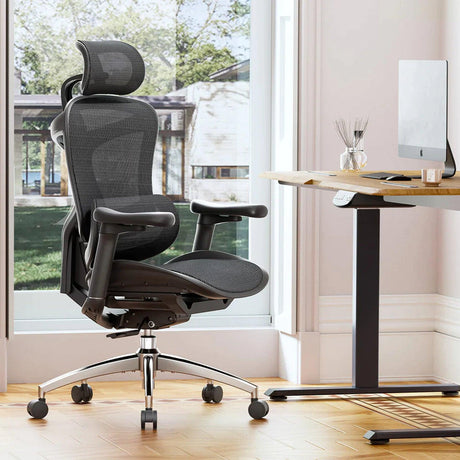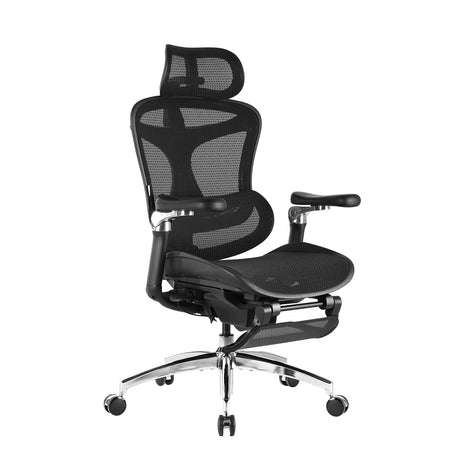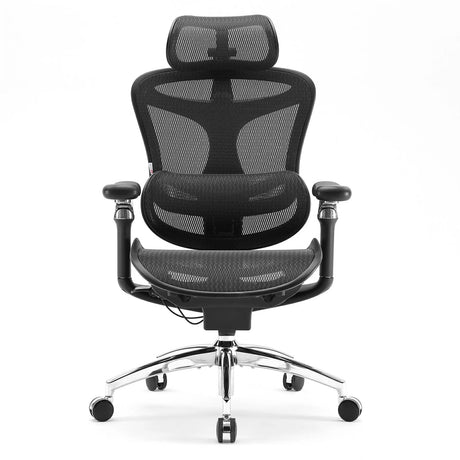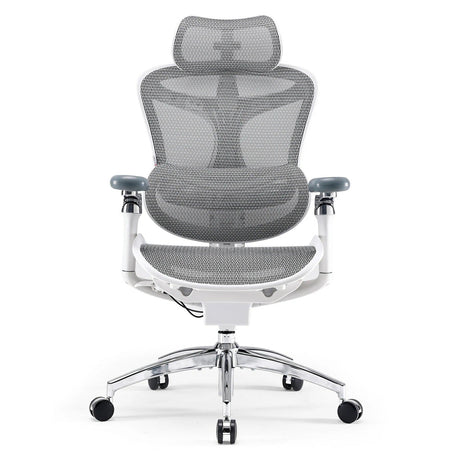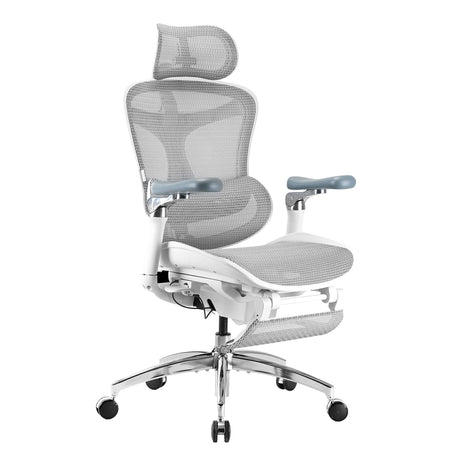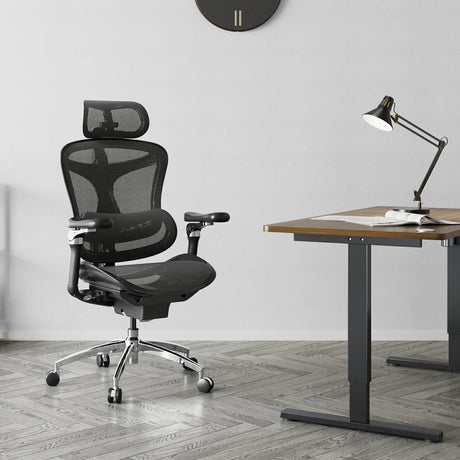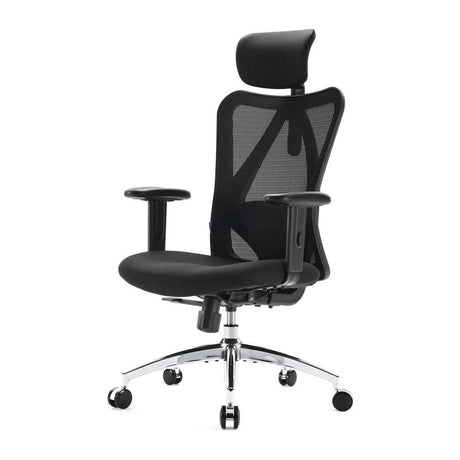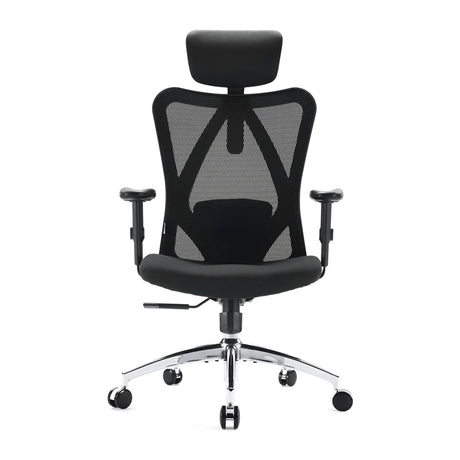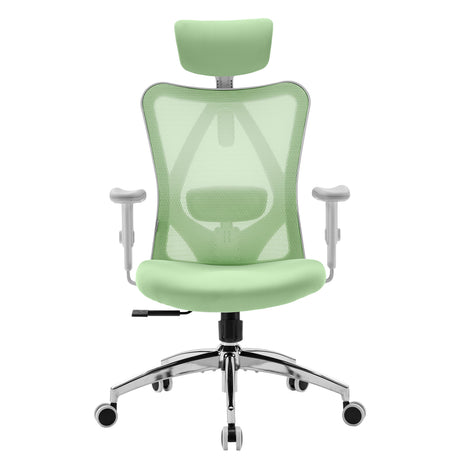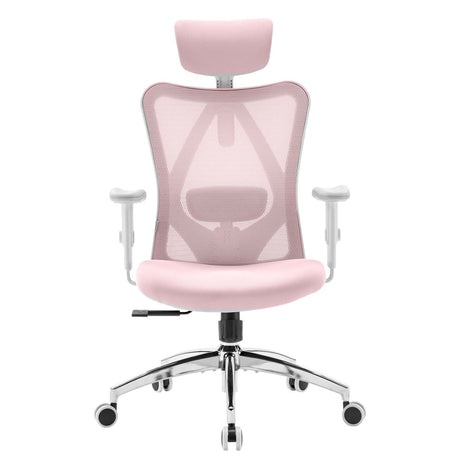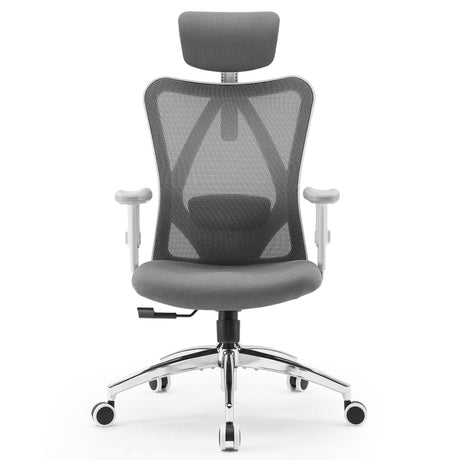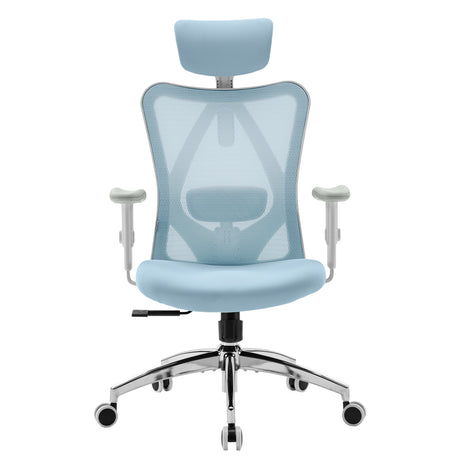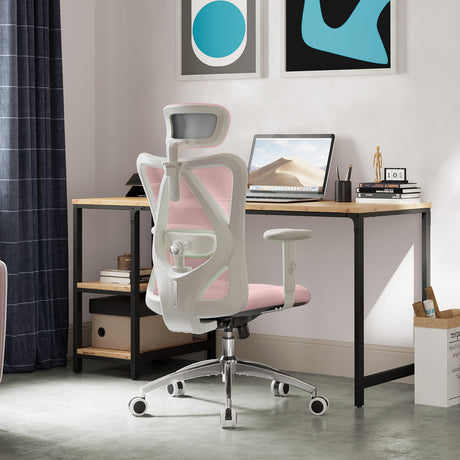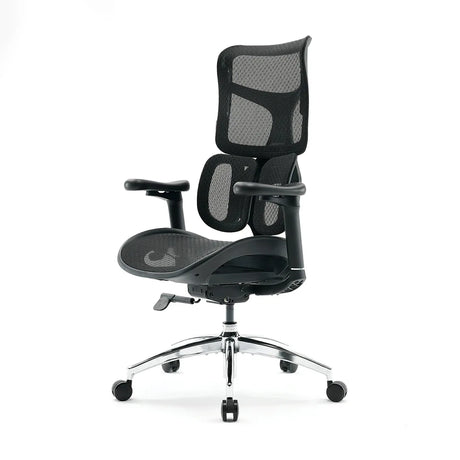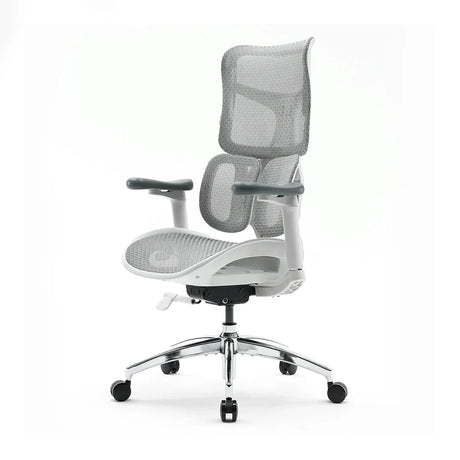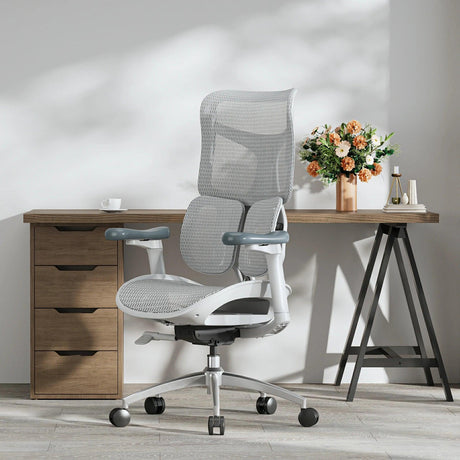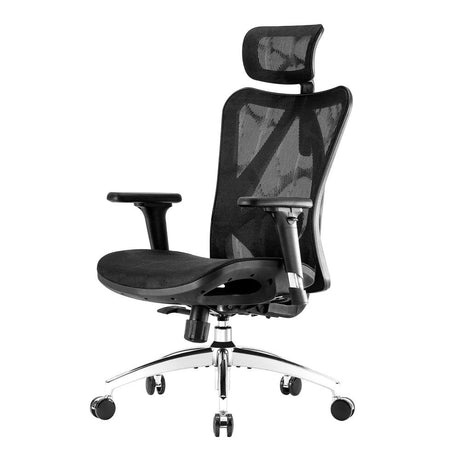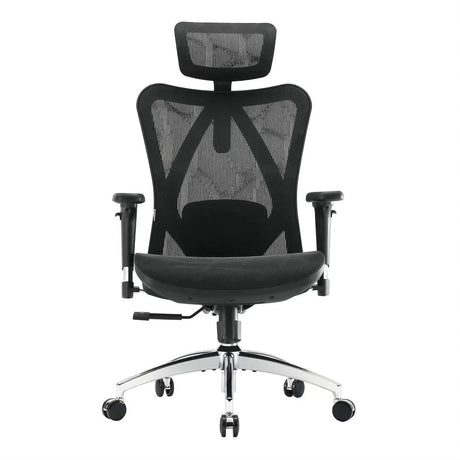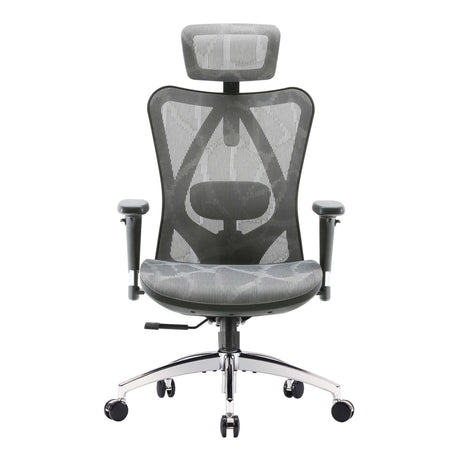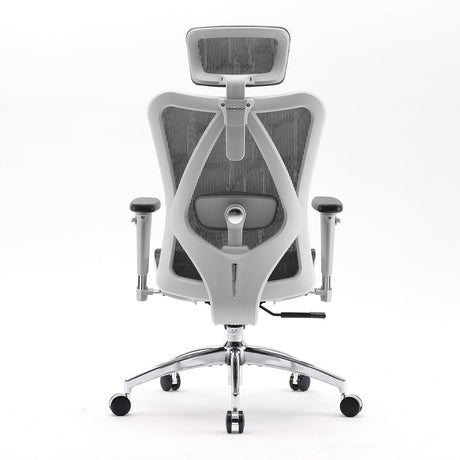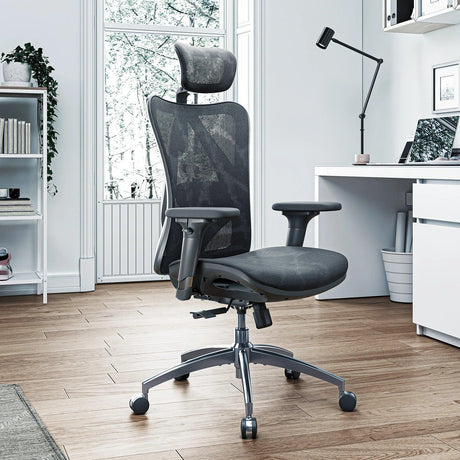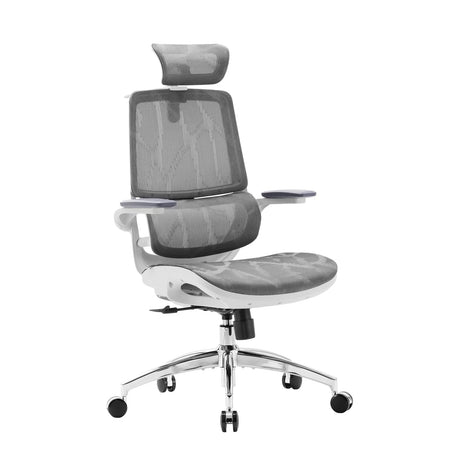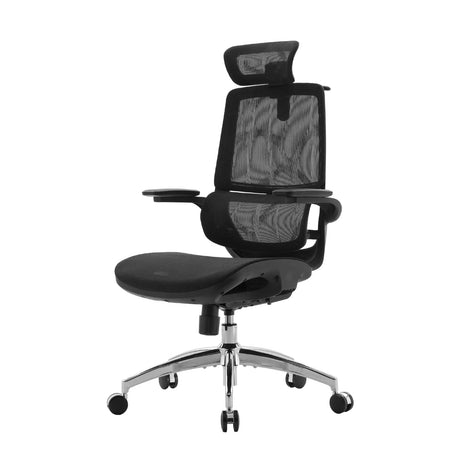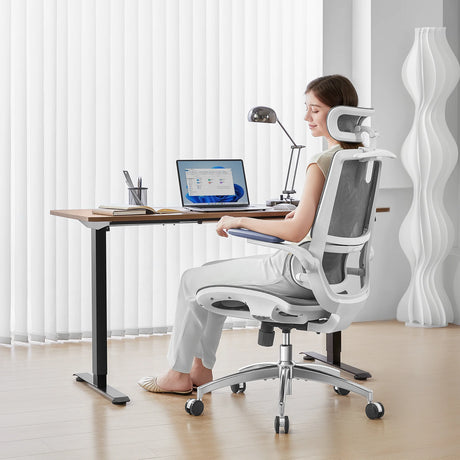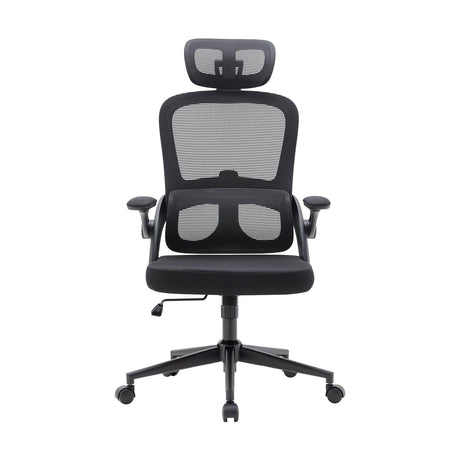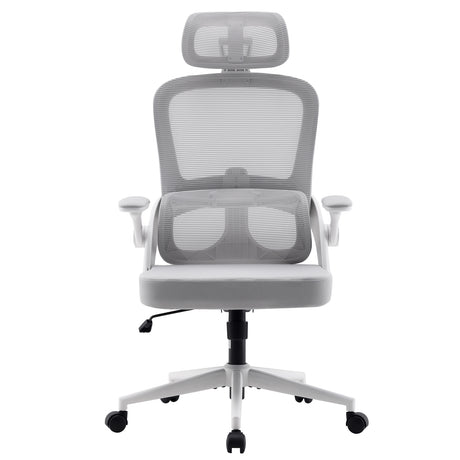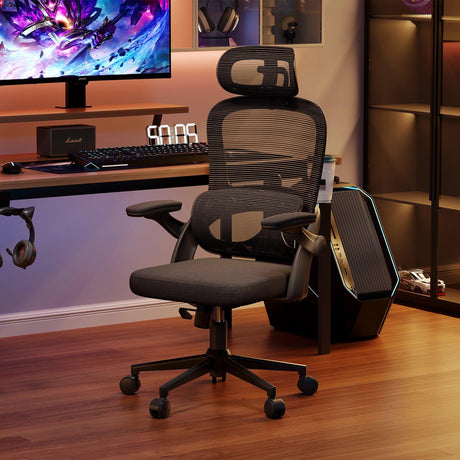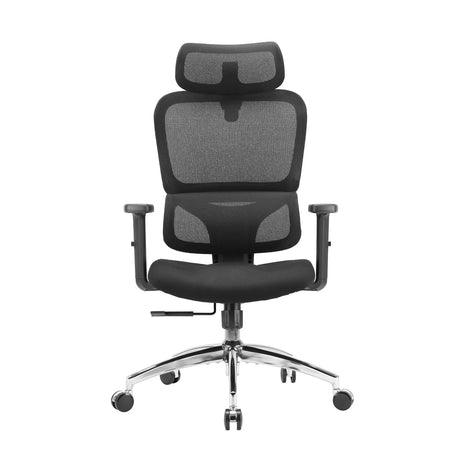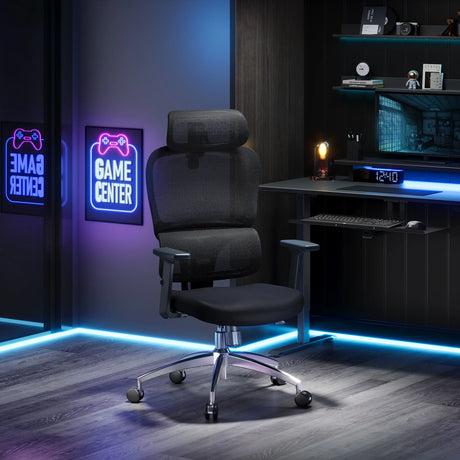In recent years, the gaming industry has witnessed an unprecedented surge in popularity, with millions of enthusiasts spending hours immersed in virtual worlds. Alongside this gaming revolution, the demand for specialized gaming accessories, including gaming chairs, has skyrocketed. While these chairs are often marketed as ergonomic solutions to enhance the gaming experience, concerns about their impact on posture have surfaced. In this article, we will explore the question: Are gaming chairs bad for posture?
Understanding Gaming Chairs:
Before delving into the posture debate, it's crucial to understand what sets gaming chairs apart. Unlike traditional office chairs, gaming chairs are designed with gamers in mind. They often feature a racing-inspired design, high backrests, adjustable armrests, and lumbar support cushions. The intention is to provide comfort during long gaming sessions and reduce the risk of discomfort or pain.
The Ergonomics of Gaming Chairs:
Proponents of gaming chairs argue that their ergonomic design can actually promote good posture. Ergonomics is the science of designing products to suit the human body's natural movements and promote comfort and efficiency. Gaming chairs are crafted with ergonomics in mind, offering lumbar support, adjustable armrests, and reclining features to accommodate various body types and preferences.
Lumbar Support:
One key feature of gaming chairs is their emphasis on lumbar support. Lumbar support cushions are designed to maintain the natural curve of the spine, preventing slouching and promoting a healthy sitting posture. Proper lumbar support can be particularly beneficial for individuals who spend extended periods in front of a computer or gaming console.
Adjustability:
Gaming chairs often come with a range of adjustable features, allowing users to customize the chair to their specific needs. Adjustable armrests and seat height contribute to a more comfortable and posture-friendly gaming experience. Users can tailor the chair to suit their body dimensions, reducing the risk of strain or discomfort.
Reclining Options:
Many gaming chairs offer a reclining feature, allowing users to adjust the backrest to a comfortable angle. This flexibility can help distribute body weight evenly and reduce pressure on the spine. When used correctly, the reclining feature can encourage a relaxed and natural sitting position, minimizing the risk of posture-related issues.
Debunking Common Myths:
Despite the ergonomic features of gaming chairs, several myths persist regarding their impact on posture. Let's address and debunk some of these misconceptions:
Myth 1: Gaming Chairs Promote Slouching:
Contrary to popular belief, gaming chairs are designed to discourage slouching. The lumbar support and high backrests are intended to help users maintain an upright position, reducing strain on the spine.
Myth 2: Gaming Chairs are Uncomfortable for Prolonged Use:
While comfort is subjective, many users find gaming chairs comfortable for extended periods. The adjustable features allow users to find a position that suits them, and the padding and materials used in gaming chairs are often chosen for their durability and comfort.
Myth 3: Gaming Chairs are Not Suitable for Office Use:
Some argue that gaming chairs are not suitable for office environments. However, the ergonomic features that make gaming chairs comfortable for gaming also make them suitable for office work. Many professionals find these chairs supportive during long work hours.
Tips for Healthy Gaming Posture:
While gaming chairs can contribute to healthy posture, it's essential to adopt additional practices to ensure overall well-being during gaming sessions:
Take Regular Breaks:
Regardless of the chair you use, taking breaks is crucial. Stand up, stretch, and move around to prevent stiffness and promote circulation.
Maintain Proper Screen Height:
Ensure that your gaming monitor or TV is at eye level to prevent neck strain. Use monitor stands or adjust the TV placement accordingly.
Stay Hydrated:
Proper hydration is essential for overall health, including the health of your muscles and joints. Drink water regularly, especially during long gaming sessions.
Incorporate Stretching Exercises:
Implement stretching exercises to keep your muscles flexible. Focus on areas like the neck, shoulders, and lower back to counteract the effects of prolonged sitting.
Conclusion:
In conclusion, gaming chairs, when used appropriately, can contribute positively to posture and overall comfort during extended gaming sessions. The ergonomic features, adjustability, and lumbar support they offer can help users maintain a healthy sitting position. However, it's crucial to combine the use of gaming chairs with good habits, such as taking breaks, staying hydrated, and incorporating stretching exercises.
Ultimately, the impact of gaming chairs on posture varies from person to person. What works for one individual may not be suitable for another. As with any furniture or accessory, moderation and awareness of one's body are key. By understanding the ergonomic benefits of gaming chairs and dispelling common myths, gamers can make informed choices to enhance their gaming experience without compromising their posture.
